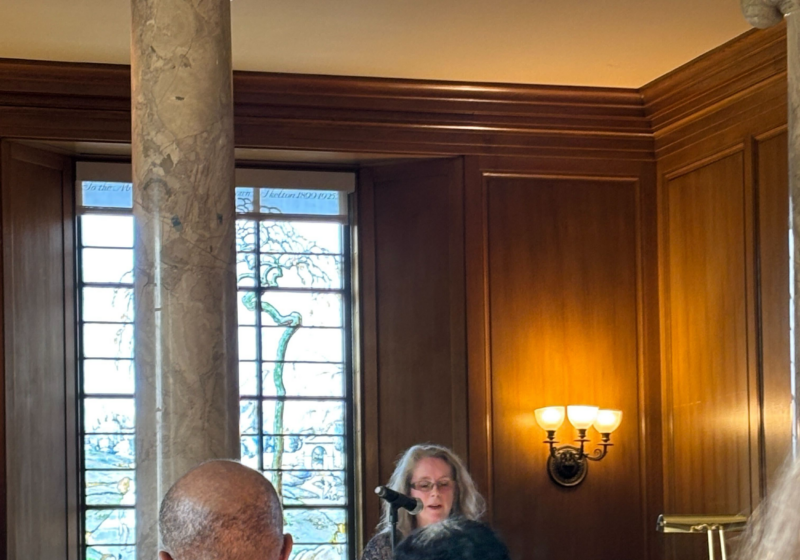Everyone wants an apology when someone has wronged them. Whether on an individual or national scale, it’s difficult to forgive and forget even small slights.
Korea and Japan have been stuck in this argument since the end of World War II and the start of Korea’s liberation.
When the Japanese colonized South Korea in 1910, they stripped Koreans of their nationality. Anything and everything in Korean or that belonged to Korea was taken – including the Koreans themselves. Girls as young as 14 were forcibly taken out of their homes and made to serve as sex slaves, or “comfort women,” for the Japanese soldiers until the end of World War II, getting raped on a daily basis for an average of six hours at a time.
And yet Japan puts aside – and ignores, to say the least – this brutal event, acting as if the whole concept of comfort women has never existed. Japan’s government has removed all traces of comfort women from Japan’s education system and history textbooks, even, according to a Guardian article, “[demanding] that a US publisher remove ‘inaccurate’ descriptions of tens of thousands of women” who worked as comfort women throughout the war. Without these descriptions and stories, Korea’s history and pain continues to get washed away as younger generations grow more removed from the tragedy. In Japan today, relatively few from our generation truly know of the events that happened behind the curtains of Japan’s colonization of Korea.
Since then, Koreans have been constantly reaching out and asking for an apology from Japan. In response, Japan sent Korea “$8.3 million in reparations for the few dozen surviving comfort women” in 2015. Prime Minister of Japan Shinzo Abe has also been insisting that Japan apologized to South Korea a long time ago.
But money is not an apology, nor is removing an essential, horrific part of Korea’s and Japan’s history and calling it “inaccurate.” Money doesn’t cover up or permit Japan to ignore the pain and emotional trauma comfort women experienced throughout their lives, nor does it cover up the cold, hard facts carved into Japan’s history.
Acknowledging and writing the correct facts in history textbooks is the least that can be done. All we want is an apology and the truth. Nothing more.




